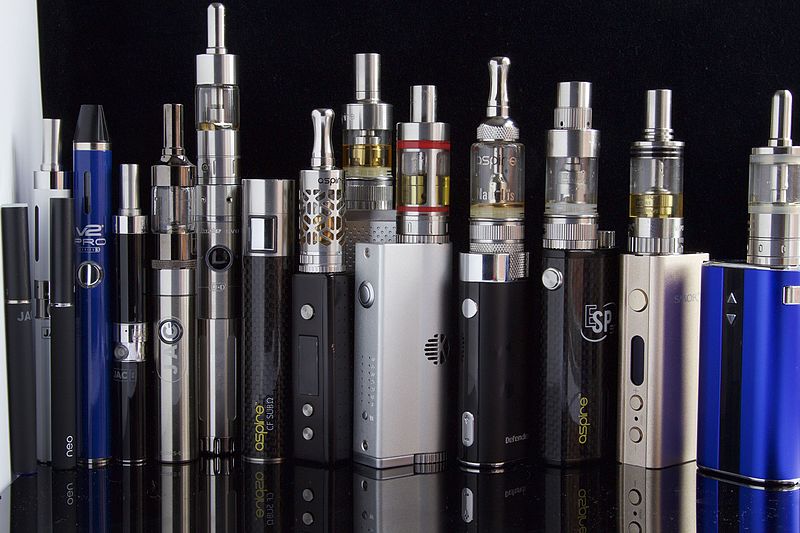In Quillette, Alec Cameron Orrell debunks the notion that the average Twitter user derives much benefit from time spent on the site:
Researchers of social media both in the Academy and in Silicon Valley have apprehended for a long time that social media prey on the dopamine rewards system of the brain. Some have used this knowledge to exploit users; others have used it to warn the public of a digital narcotic epidemic. The frisson of delightfully outraged purpose that courses through a user’s nerves as he reads or responds to a post arises from the same brain system that rewards a human being for consuming a healthy meal or organizing his sock drawer. The Hollywood actors who have done mighty work to support the Bolivian cocaine trade in the past can’t put Twitter down now, and that’s no accident.
Digital abolitionists grow more and more strident and numerous these days. Many — including early Facebook investor McNamee — hail from inside Silicon Valley. A raft of articles over the last few years have documented the wave of Silicon Valley techno-elites who, like savvy drug cartel bosses, forbid their own children from using the devices and social media platforms they build, while they encourage their employees to spend frequent periods “unplugged.” They know social media and mobile devices create users, and some have been brave enough to lobby the public for a shift in consciousness.
The slave reaps no substantial or real-world payment for his labor. Chemical slaves to drugs get nothing but misery and poverty in the end. Social media users subsist in an analogous trap, subtle and harder to spot. When it comes to social media, 99.9 percent of users will never see any substantial return on what stacks up to be an enormous longterm investment of time. Users will experience some fleeting stimulant sensations and a smattering of poorly organized — or incorrect—information. “I find out what’s happening on Twitter!” or “I get to promote myself on Twitter!” amounts to self-delusion on par with the vile Antebellum plantation saw that “Slaves get paid in the satisfaction of a hard day’s work and some are even taught how to read!” Such apologetics leverage false but presentable ends to cover horribly exploitive means — means the real ends of which are too embarrassing to admit. The average Twitter user might make the odd connection or get some attention for his business on Twitter, if he keeps at it day after day. In contrast, Jack Dorsey always gets paid handsomely for the user’s time on-site month after month by advertisers. The users work the platform with their attention, and Master Jack goes home with the check.
Unless already famous, the chances of reaping substantial reward from Twitter — such as income or significant growth of attention from others — roughly equal the chances of winning the lottery. And like the lottery, millions of average users chip in and hope, while just a few luck out and get a payout. Those few average users who get a mediocre reward — and even fewer who get famous with a lucky tweet or some such — keep the millions of average users coming back to try their luck every day. The little blue bird runs on the principle of the one-armed bandit and Powerball.
Virtually all users end up losing in the long-term. Most lose hours and hours scrolling through quips and posting burns, sifting through nonsense to find the odd bit of useful information, but mostly for distraction. Like their casino cousins cursed by fate with a gambling addiction, an unlucky minority of Twitter users lose everything on the platform without meaning to. A particularly ill-considered tweet brings down on their heads digital lynching, infamy, disgrace, loss of employment, loss of a spouse, libel lawsuits, and in some countries, criminal indictment for hate speech or threatening behavior. Uncounted thousands of users have operated their mobile devices under the influence of Twitter on the information superhighway, only to wind up with a digital DUI or in an online 25-car pileup.





